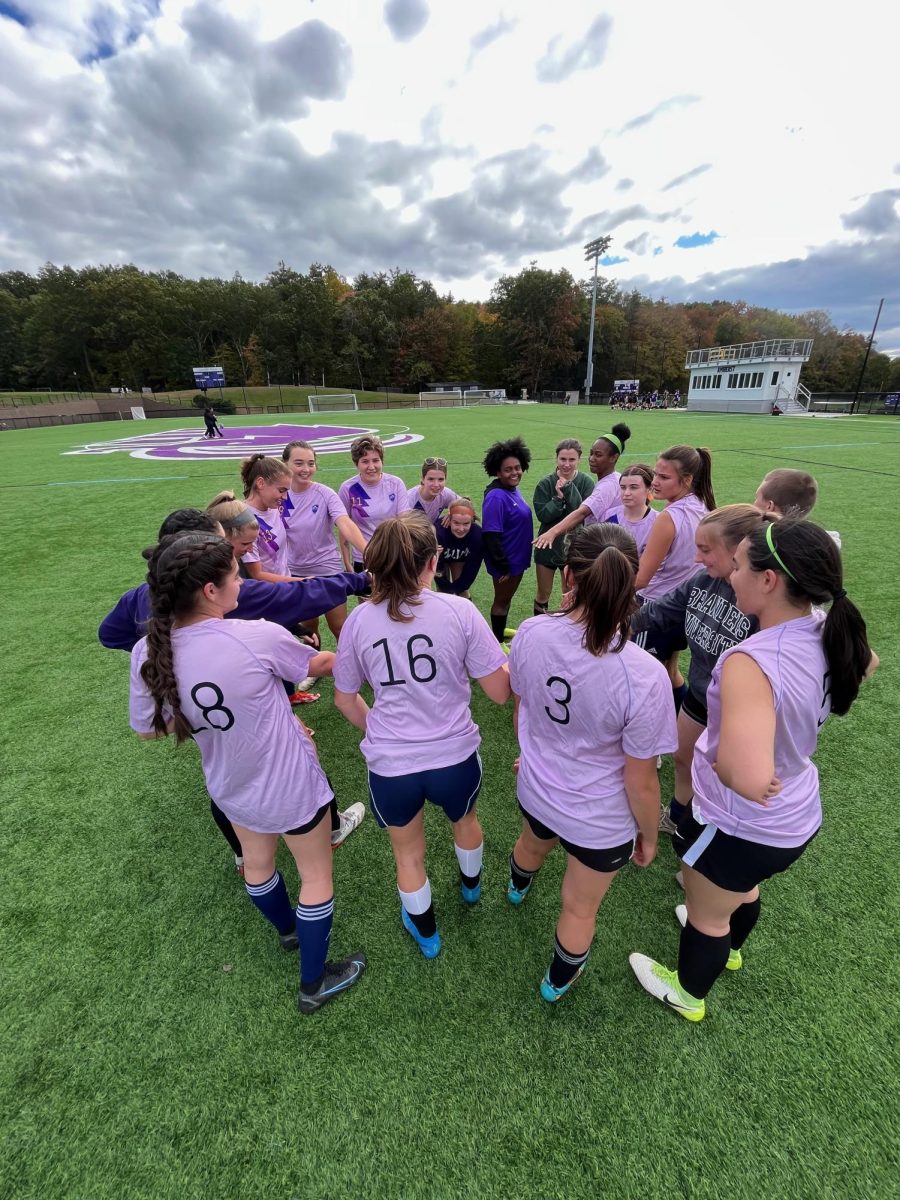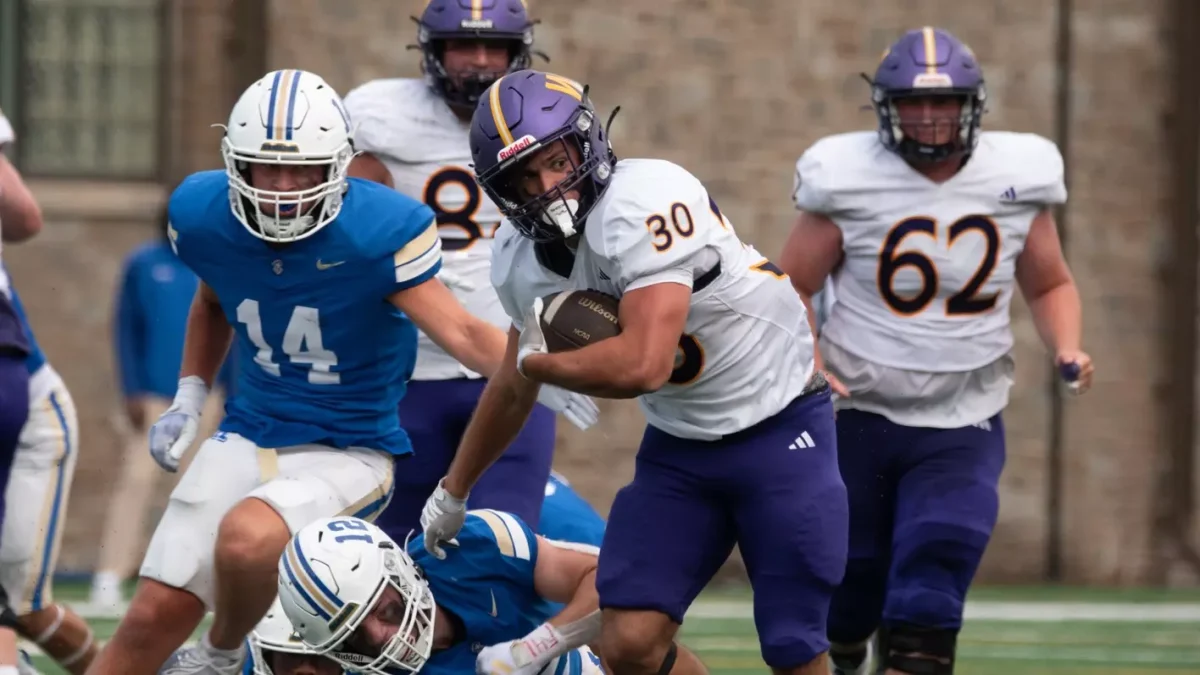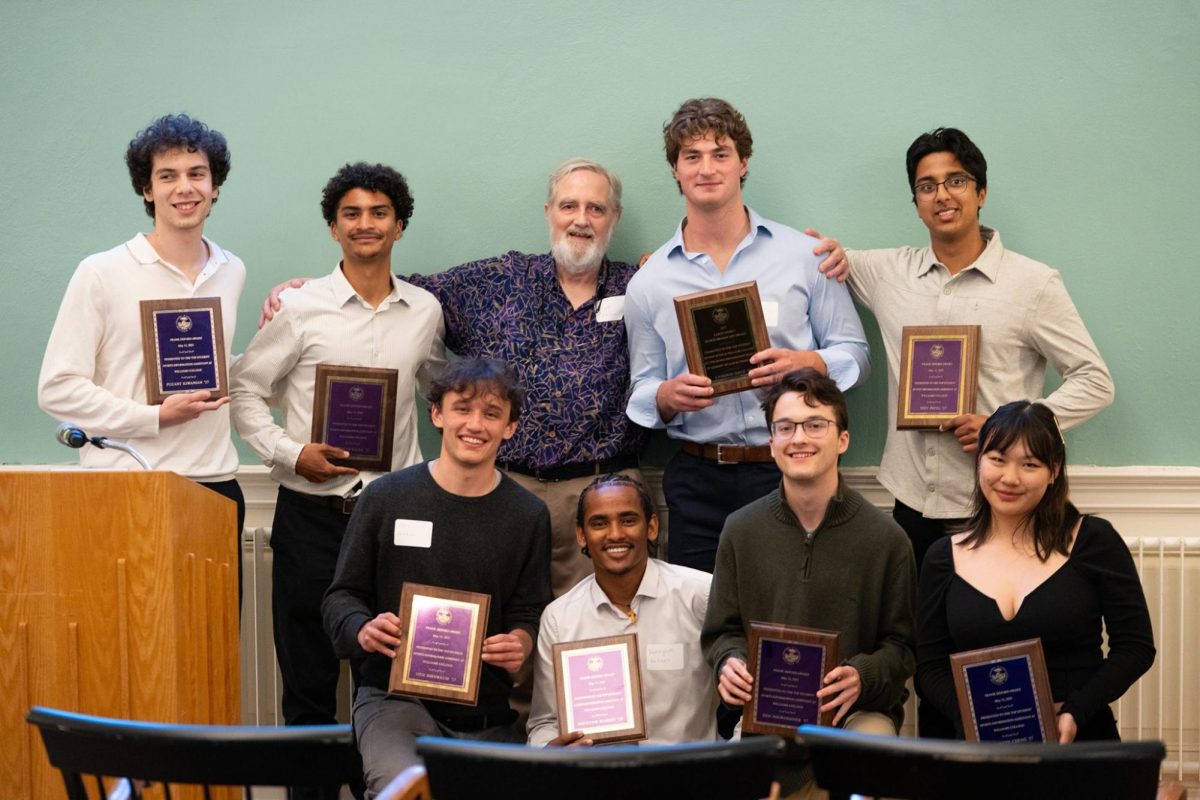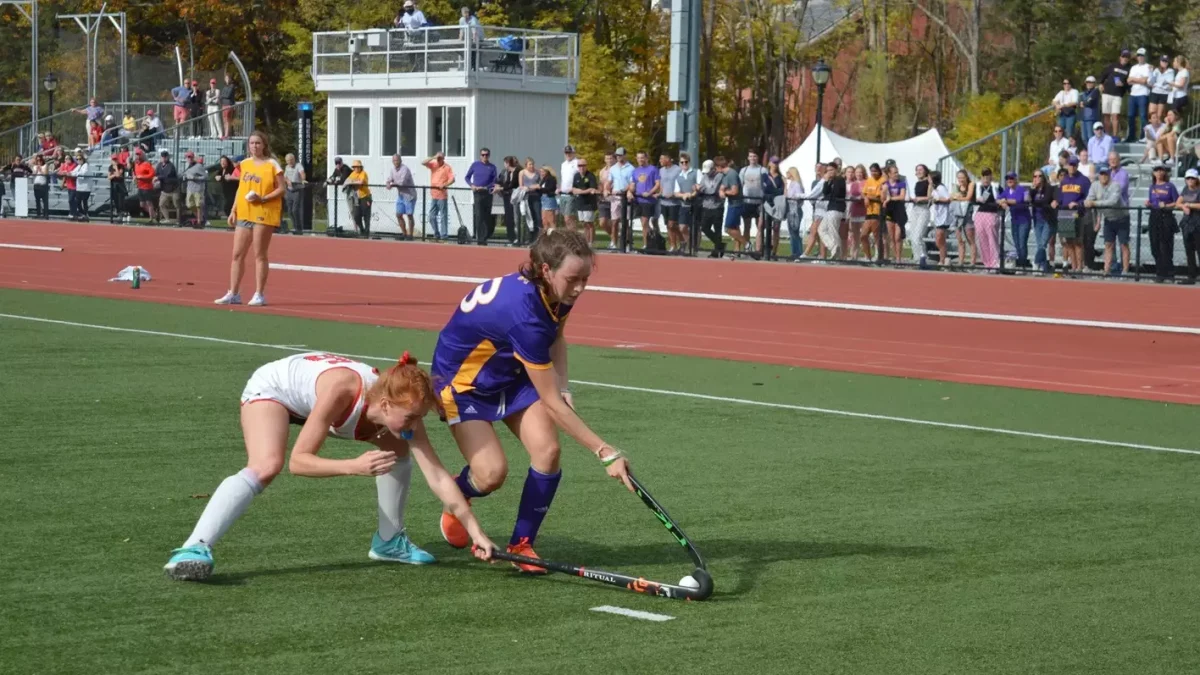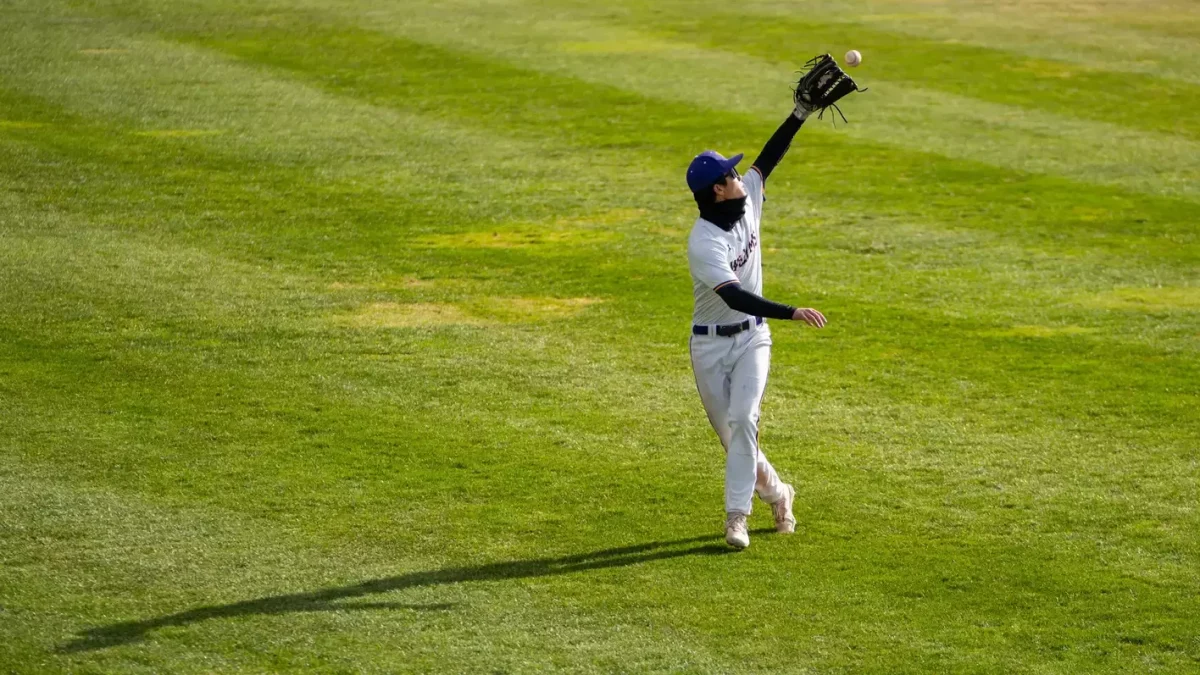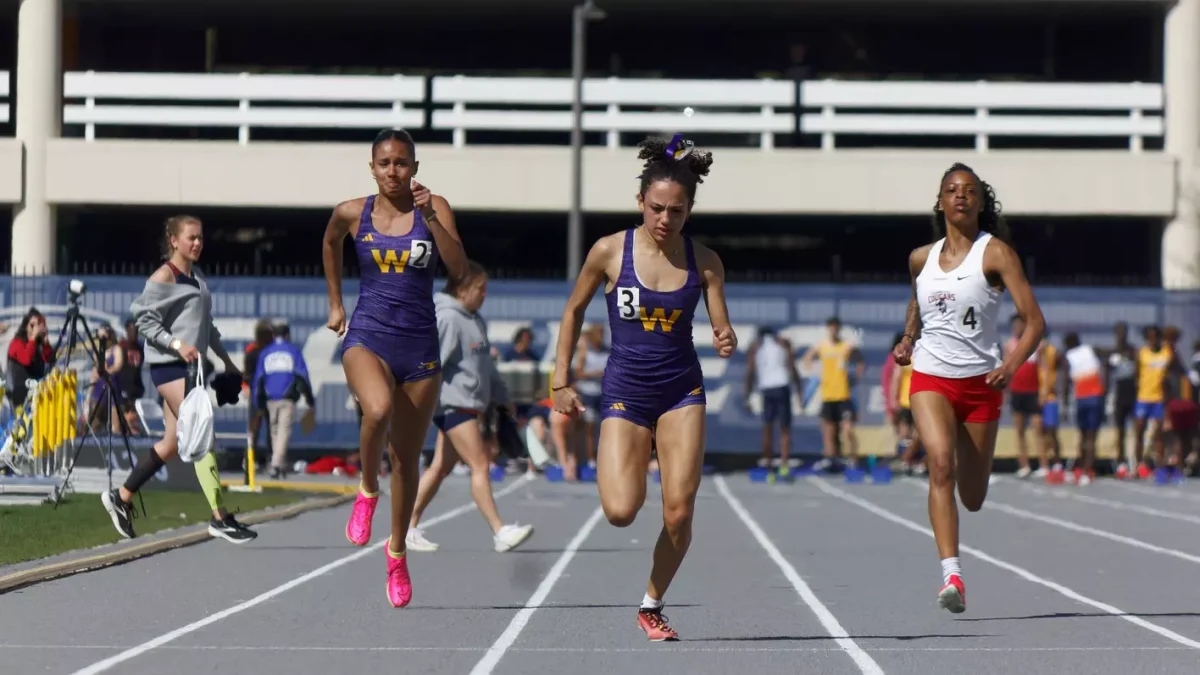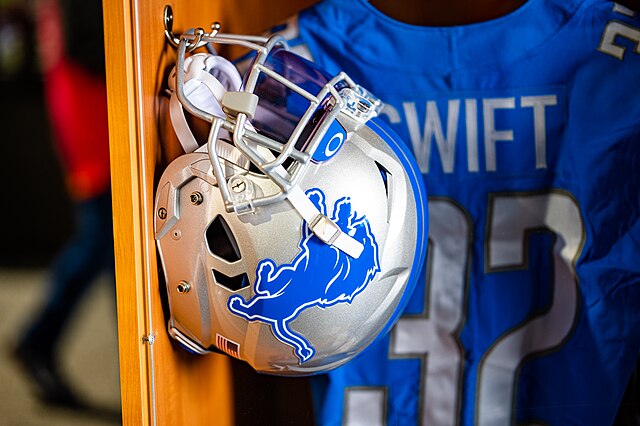This brisk October Sunday saw a small piece of recent Williams sports history being made. Led by Bea De Monaco ’25, Marta Symkowick ’25, Kiara Royer ’24, Elodie Griffin-Schmidt ’26, and Kendall Rice ’25, a club soccer team for female, trans, and non-binary identifying students now has a place at the College for the first time since the 1970s.
[Editor’s note: Royer is a managing editor for the Record and was not involved in the writing or editing of this piece.]
After a team breakfast humming with nervous energy (at Driscoll Dining Hall, of course), 18 members of the newly formed female and non-binary Williams College Soccer Club piled into College-sponsored minivans and traveled to Amherst to play their first ever game.
The Ephs started strong, keeping the ball in Amherst’s half of the field and maintaining possession. The defense held Amherst at bay, only allowing them one shot on goal, while the Ephs took a vast majority of the shots in the game. Forward Eden Murphy ’27 scored the first goal of the game early in the second half, turning and shooting the ball over the Amherst goalkeeper’s head. A few minutes later, De Monaco, a midfielder, volleyed a shot from the top of the box that the keeper saved, only for forward Annie Scott ’25 to capitalize on the rebound with a successful shot over the keeper’s head, securing the Ephs’ 2-0 win.
“I think that going into it, we were all a little apprehensive because we hadn’t played in a real game yet, and we were playing on turf which we’d yet to do at all,” Scott said. “But once we started off and immediately started winning every ball, maintaining possession, and creating opportunities, we all knew we were in it.”
Though much of its season remains murky and dependent on the logistics of traveling to and hosting games, the game against Amherst has given the team good reason to look forward to the rest of their season. “[The game] was a great confidence boost and a great indicator that there were so many talented people that wanted to do this,” Symkowick said.
As a nascent team that only became a registered student organization (RSO) last academic year, Sunday marked the first time the team competed against another school and solidified a brand new soccer community that many on the team had been unable to find at the College before.
According to De Monaco and Symkowick, though the College has a breadth of soccer-playing organizations — intramural, pickup, club, junior varsity, and varsity — most of those spaces have tended to be male-dominated. Both said they would often attend pick-up soccer sessions, where they would realize they were the only women present. “It was really fun, and I love the guys who play,” De Monaco said. “But there was no space for a lot of other people like me to actually play soccer and feel comfortable doing it.”
This would lead to an environment where, though the men might feel they were playing a relaxed and comfortable game, those who didn’t identify as cisgender men would often feel otherwise, Symkowick and De Monaco both said.
“I felt an additional pressure to prove myself and my ability on the field, instead of just community acceptance and support for making mistakes and growing,” Symkowick said.
“They don’t pass you the ball that often, or they just kind of do their own thing, and it’s not as comfortable,” De Monaco added.
Last academic year, she and Symkowick began to talk about creating an RSO for people who don’t identify as cisgender men to play soccer, wrote a constitution for the club, and received approval from the College. In the spring, they began hosting practices but struggled with recruitment given the lateness in the year. This year, however, they have a GroupMe of 77 people and a consistent cohort that attends practices and is interested in competing.
“It was crazy for me to realize that there really was no space for us that was already created,” De Monaco said. “Creating it this year and seeing all these freshmen join — I wish I had that as a freshman, and I didn’t… There was just no opportunity for me as a freshman, so I’m happy that now, there is a space for people who are new to this environment to actually feel comfortable playing a sport that is not only for men.”
After recruiting heavily at the Purple Key Fair, the club held its first practice with incredible success. “I remember looking at Marta and Elodie, and we were just smiling,” De Monaco said. “We were so excited. We were just saying to each other, ‘Can you believe this? Look how many people are here — this is crazy!’”
For De Monaco, seeing the team grow from a fledgling group running on sheer passion and borrowed equipment to a real community and strong team has been incredibly rewarding. “The culture right now is just sweet and wholesome, and it just brightens my day to go to practice and see all of us playing together,” she said. “It’s a different type of feeling to start off as a team and then see it grow [and] to see the team dynamics finally work on the field — the connecting passes, the goals — just that feeling of growth is something that I can’t explain that I’m extremely grateful for.”



